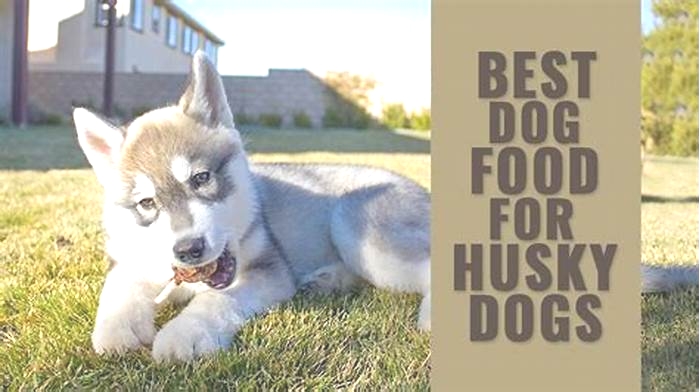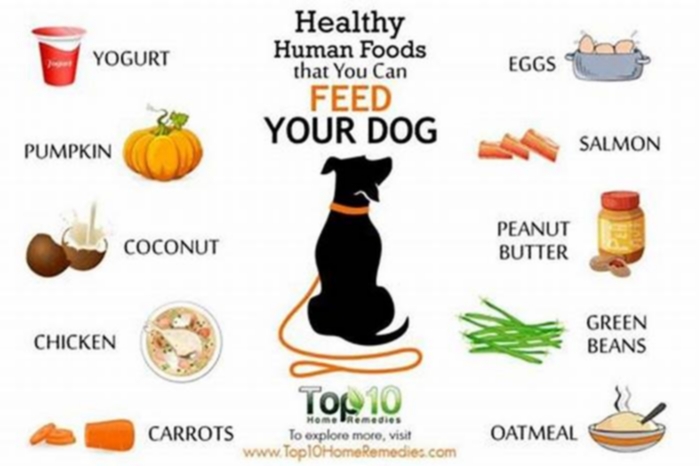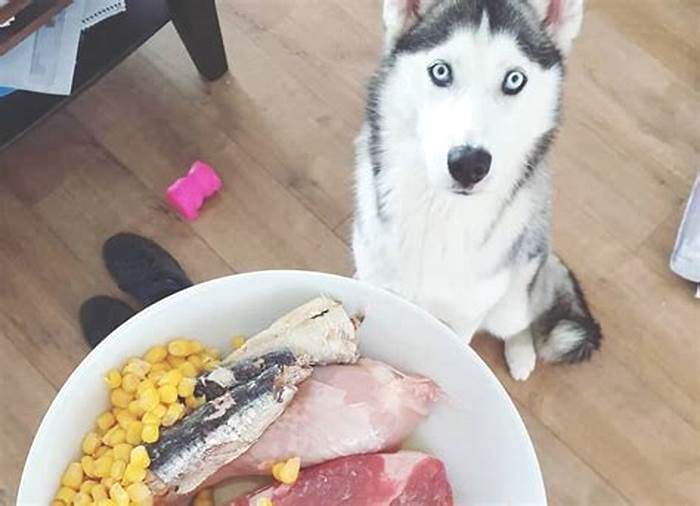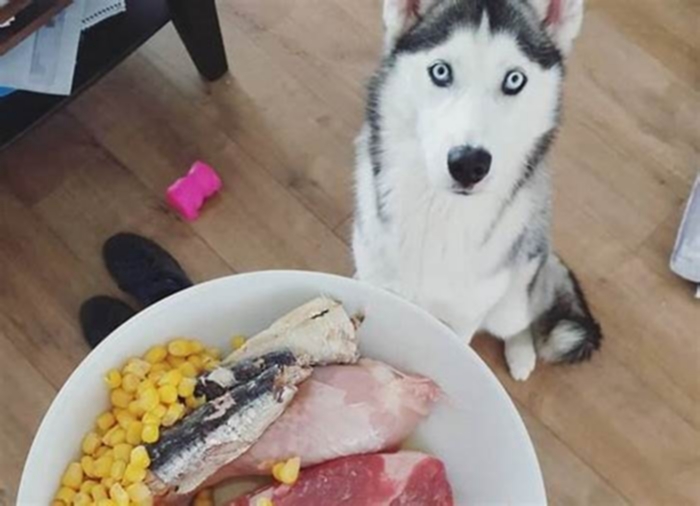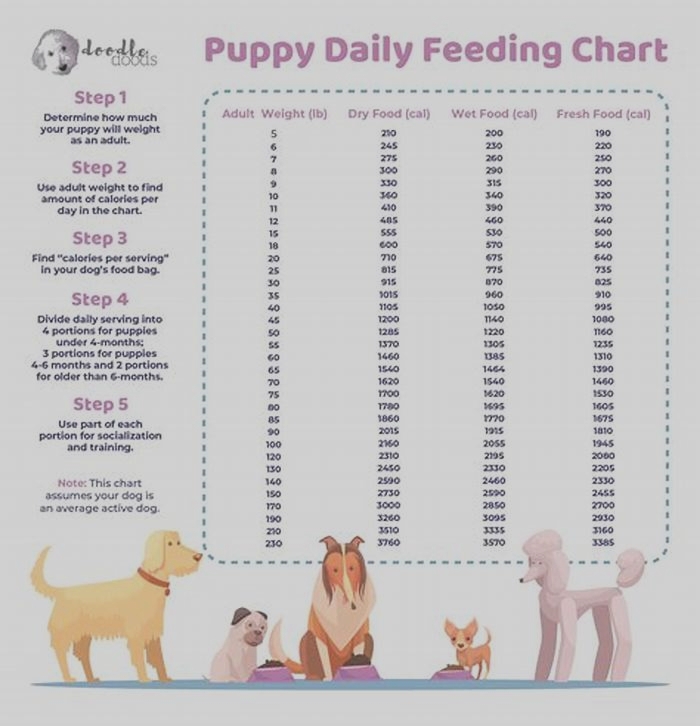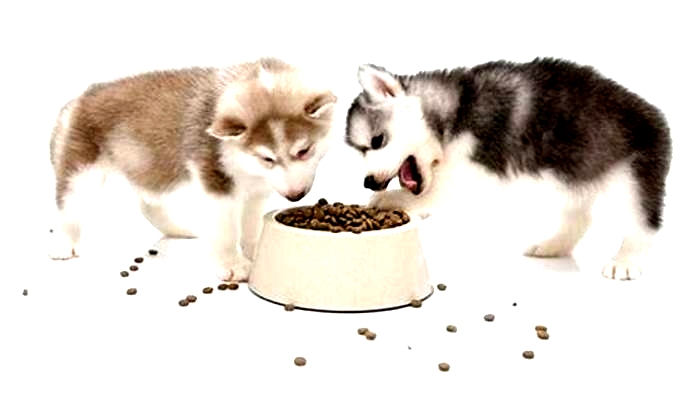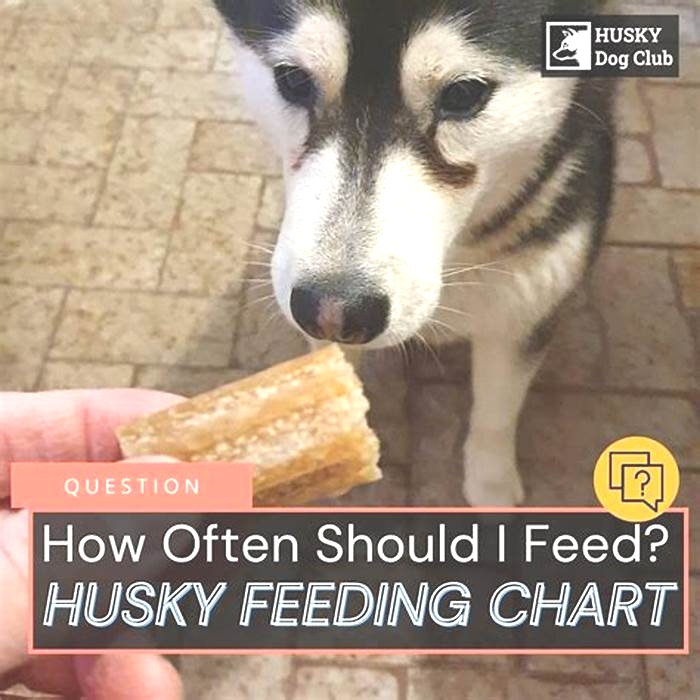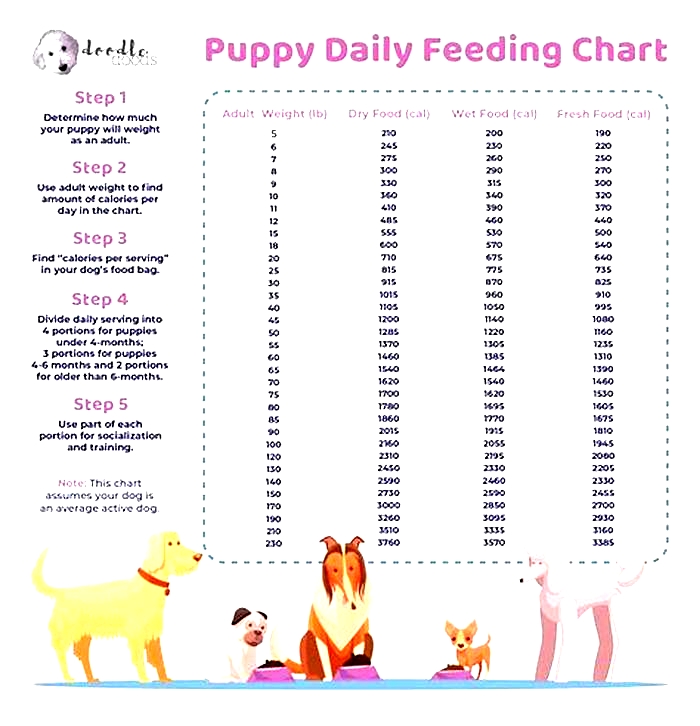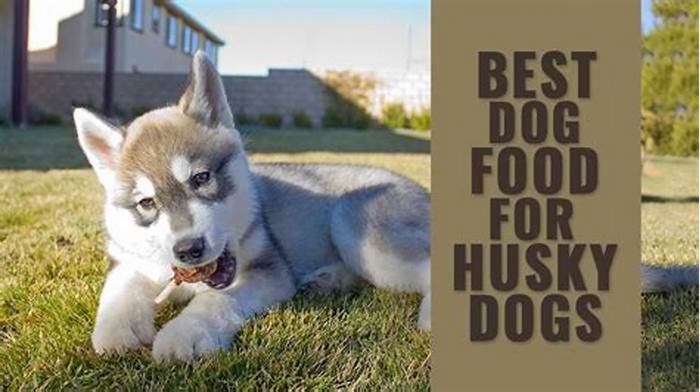What is the best food to feed a husky
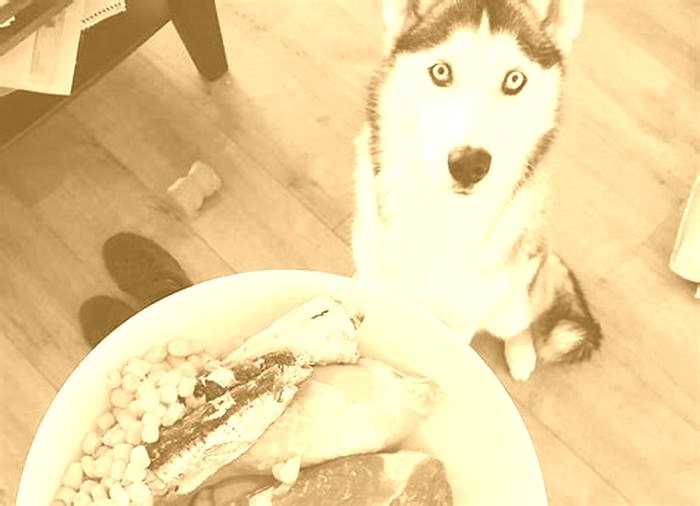
Feeding your husky
You might wonder how you should be feeding your husky or what is the best husky food. If yougot a little husky puppy then you will see that he doesnt eat anything or he doesnt eat that much. Especially at this young age. The best thing to do is to give your husky the appropriate food for his age. Feed you husky puppy food that is for puppies, not food for an adult dog or food branded such as food for all life stages. Your little puppy needs age-appropriate food. Read this article before getting a husky.
What is the best food for your husky puppy?
Even the smart owners who want to feed their huskies the best food possible will get pretty confused. With the assortment of dog foods available nowadays, its difficult to figure out what is best for the husky and what you should feed your husky. Adding to these the fact that they will not eat anything. You should read the ingredients from the label of the dog foods, even if its marketed such as husky food.
Are Siberian huskies carnivores?
Huskies are not carnivores. They need meat for protein, but thats not enough. You must feed your dog a balanced diet. Even their ancestors, the wolves, eat both meat and plants in the wild. A balanced diet can make sure that your dog can properly develop his immune system.
Feeding your husky. What should you give your husky to eat?
Veterinarians recommend feeding your husky a combination of 80% dry kibble and 20% wet food.
You can feed your husky dog foods in various types: dry, wet, semi-moist, and even frozen. If you like to spoil your husky with treats, think about vegetables or fruits also. Besides those tasty treats that you can find in stores. During summer, you could peel and cut some apples or even watermelon and place them in the fridge. Warning! Remove all the seeds from apples or watermelons.
Siberian huskies will love to chew on some ice cubes or on some frozen baby carrots or some frozen yogurt in a Kong. They also love some small banana slices from time to time. Tasty!
Dont feed your dog only dry food every day and at every meal. At least, you could put some water on the dry kibble and mix it up until it gets moist.
How much does a husky eat?
Siberian huskies dont eat that much. The amount of food that your Siberian husky requires depends on many factors, such as the quality of food, age, size, and activity level. Follow the manufacturers recommended amount and adjust it from there.
What to look for in husky food?
Siberian Huskies are very active, so they need plenty of protein. You need to keep the right balance of protein, fat, carbohydrates, vitamins, and minerals.
Proteins will help a husky to grow and repair muscles, bones, and tissues. Husky puppies need dog food high in protein because they grow so fast. Delicious foods that are high in protein are made of various types of meat. Higher-quality commercial dog foods have more protein sources. Fish, eggs, or plant-based proteins are a part of a husky diet.
Only a certain amount of protein is digested and absorbed at once to repair and maintain muscles or joints. If you give your dog too many proteins, the excess will be stored as fat or used for energy. This excess will be excreted in the urine. The same way happens with the human body. To check if you are feeding too much protein to your husky, you should look at his urine. Yellow spots on the grass in your garden from his urine its a result of too much protein in your dogs diet. Another obvious sign is the excess of fat. Excess is never good for your dogs health and neither for us humans. Proteins are good for your dog, but you should keep a balanced diet. Proteins will not provide everything thats needed for your husky to stay healthy and fit.
Your husky needs carbohydrates. Good carbohydrates for your dogs are found in starches and fiber. You will find those in the dog food. Peas, corn, carrots, potatoes, beans, rice, pasta, and grains are starchy food that your husky can eat.
Fats are good for your husky. Fats are essential. They maintain your huskys skin and coat health, nervous system function, vitamin transport, hormone production, and energy. Still, be careful about the number of calories. You dont want to give your dog serious health problems that will result from an excess of fats. Good food high in fats for dogs includes fish oil, vegetable oils, poultry fat, and tallow.
I also wrote about yogurt for dogs and honey for dogs. You might find them interesting when thinking about what you can feed your dog.
Feeding schedule for your Husky Puppy
If you recently brought home a little puppy husky, you should feed him the same type of food that was given before. At least for a few days. After that, you can put him on another type of food or diet. The excitement of a new home, new people, and new places is already a lot to handle. When it comes to the husky puppys schedule, it should contain 3 meals per day at the age of 12 weeks. Until 6 months you should stick with these 3 meals per day. After that, you can feed your husky twice a day.
How to feed your Siberian husky puppy
Why its important to know the process of feeding your Siberian husky, you might ask. Well, the feeding process will help you with his training but will also keep your puppy healthy.
As a puppy, Siberian husky should be fed 3 times a day. Get his bowl, fill it with the proper amount of food and give it to eat. He should eat the food when its given if he likes it of course. We are talking here about Siberian huskies. Siberian huskies tend to be pretty picky when it comes to food. After hes finished eating, pick up the bowl and place it somewhere he cant reach. He will try to reach it, even if its empty. Repeat these 3 times per day.
Training while youre feeding your husky
When you start training your dog, the feeding time will be a great way to establish even more control over the husky. Place the bowl on the floor and command him to wait for your signal. After your signal, he can approach the bowl and eat. It takes a lot of patience, but huskies learn very fast. Their stubbornness will be a challenge because they will test you, and they will test the limits. Especially when they are puppies because they tend to get away with many things.
Did you see my liver dog treats recipes? Your puppy will love them!
How can you know if you are not giving the proper food to yourdog?
If your dog is on a bad diet, you will see effects. Effects such as loose stool, dandruff problems, excessive shedding, dull coat, obesity, skin disorders, and others. It depends a lot from case to case, but these are the most frequent signs.
Talk with the vet if you arent sure what type of food you should be feeding him or if the husky its not adjusting well to the given diet. And dont forget to give your dog plenty of fresh and clean water all day long.
Read the label on your chosen brand of dog food carefully. Dont just look at the picture or at the marketing title. Read the ingredients and see if its the perfect food for your husky. Your dog cant read, so you will have to make good decisions for him he trusts you to make the right choice.
The 13 Best Dog Food for Huskies to Buy in 2024
Complete Guide to Dog Food for Huskies
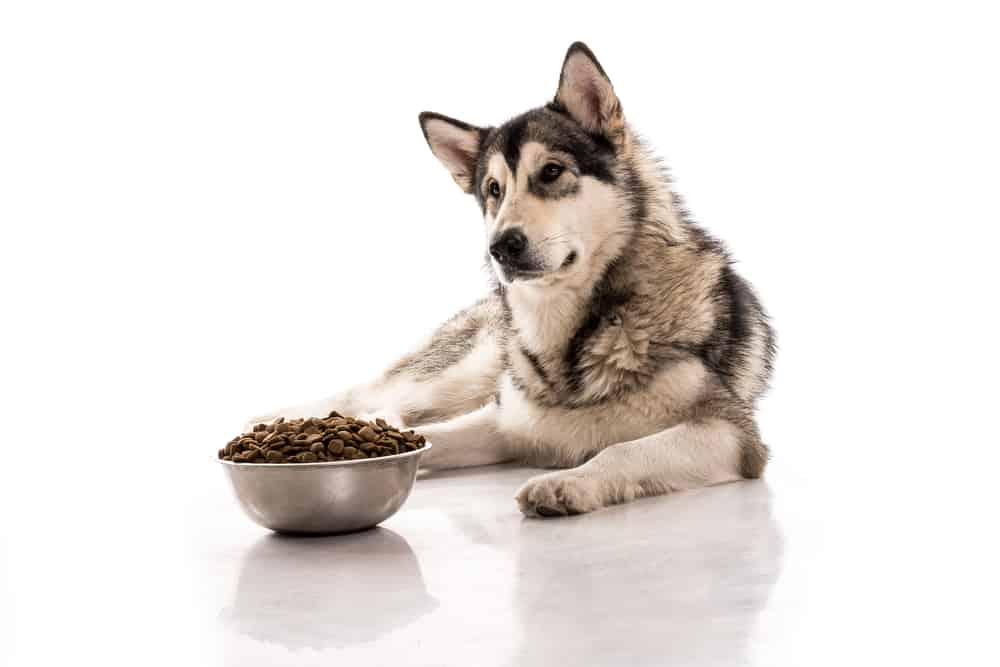
We all want our dogs to lead long, healthy lives, and picking the right food for them is a necessary part of keeping them happy and in good health. Here are the most important things you need to know to reduce guesswork in choosing a food for your Siberian husky.
Every Dog Is Different
Especially if your husky is a pure-bred Siberian husky, there likely are some behavioral and health issues she has in common with others of the breed. That said, every dog is different, and their needs are unique.
So, while our advice below is helpful, its important to remember that more than doing whats best for the average husky, you need to be in tune with what makes your dog unique. That includes things like:
Size
The average adult weight of a female Siberian husky is 35-50 pounds and 45-60 pounds for the average male, but some huskies are much larger, and some are smaller. In consultation with your vet, you should determine how much food your dog needs to eat in a day to maintain a healthy weight.
Age
As dogs age, their nutritional needs change. Puppies need more calories and fat than older dogs to promote healthy growth. Thats why food formulated for puppies, such as Orijens puppy food, is packed with building blocks for healthy growth. And some dogs may be less inclined to eat as they get older, which can cause muscle mass to waste away. These are normal parts of aging that you should be able to manage, but if you notice sudden changes in your dogs behavior, unrelated to their food, and you think it may be related to aging, you should consult with your vet.
Activity Level
Siberian huskies are athletic and tend to be very high-energy, so theyll need lots of daily activity to maintain physical and emotional health. But some are naturally less inclined to lots of physical activity, and huskies that are less active should generally eat less food to avoid weight gain. Low-calorie foods (like this one) can be helpful in maintaining a healthy weight for less-active huskies.
History
Your dogs health history is probably the biggest factor outside of age that will determine the best type of food for them. If theyve never shown issues with digestive problems, then a sensitive-diet food probably isnt worth it, and if theyve had grain-inclusive food and thrive on it, there may be no reason to consider a grain-free diet.
Common Husky Health Issues
Huskies average lifespan is 12-14 years, which is quite high for a medium-to-large breed. But while they tend to be strong, hearty dogs, there are some health issues that are common to the breed.
Husky owners should monitor their dog for signs of any of these issues, and your vet can provide further guidance if you do happen to notice anything.
Eye Diseases
Siberian huskies are, sadly, prone to three genetic eye diseases, though husky-dominant mixed-breed dogs may be less inclined. According to a study on pure-bred Siberian huskies, 8% had hereditary cataracts, while 3% had corneal dystrophy, and less than 1% had progressive retinal atrophy. In severe cases, blindness and loss of eyes can result.
Huskies should receive annual ophthalmological evaluations starting around 12 months, particularly if theres a chance they will be involved in breeding (whether intentional or unintentional).
Other vision problems that commonly strike huskies include glaucoma, corneal ulcers, and retinal scarring.
Hip Dysplasia
Like most medium-to-large breeds, Siberian huskies are prone to hip dysplasia, which is an inherited condition that causes hip joints to develop improperly; this leads to arthritis and pain, especially over time or with excess weight gain.
Signs include difficulty walking or rising from a lying-down position, and while hip dysplasia can sometimes be treated with surgery, this is usually reserved for dire cases, so prevention and pain management are usually the best medicines.
Skin Infections
Huskies are commonly afflicted with a skin infection, zinc-responsive dermatosis, which can cause red skin, hairlessness, scaling, and crusty skin around the face and lesions on the foot pads or nose.
This condition can be treated by ensuring that ample zinc appears in the diet.
Tips for Introducing New Food
Most canine health experts recommend not suddenly switching your dog to a new food unless the existing food is unhealthy or harmful. Rather, you should gradually introduce a new food and progressively give the dog more over time.
Schedule
Plan to switch your dogs food over the course of a week. In the first two days, the dogs diet should consist of a 2-to-1 ratio of old food to new food. If all goes well, on the third and fourth days, the dog should eat a 1-1 ratio of new and old food. On the fifth and sixth days, the dog should get a 2-1 ratio of new food to old food, and then on the seventh day, they should get only the new food.
If stomach upset occurs at any stage, including vomiting or diarrhea, go back to the previous ratio for two days and then try to proceed again. If, after the second attempt, the dog is still having difficulty digesting the new food, consult your vet.
Senior Food
Siberian huskies are considered seniors around the age of 8, and they should begin receiving food and/or supplements formulated for the unique needs of older huskies. Canidae Pure Senior is a great food option for seniors, and heres an ZestyPaws Vision Bites are great for supplementation. Again, introduce the food or supplements gradually to avoid digestive trouble.
Maintain Patterns
While youre gradually introducing your dog to a new food, when and how you feed them shouldnt change. Keep your normal feeding schedule; if theyre eating twice a day, keep with that. Huskies are notoriously finicky, and upheaval in their mealtimes could make them associate the new food with anxiety, which can perpetuate unhealthy eating behavior.
Be Patient
Its entirely possible your dog will not like some aspect of the new food, and you may notice as you mix the old and new that your dog is only eating their old food. Thats fine, and you should keep going with the gradual change. Chances are your dog will eventually get over it and eat the new food, but if by the fifth or sixth day of the schedule, theyre still not eating the new food, consider keeping them on their old food until you can find one they like.
Other Food Products for Huskies
Huskies are well known for not only for being beloved by their families, but also for being difficult to care for. Consider some of the following products to help keep your husky friend happy and healthy.
- Dog Whistles: Huskies are one of the most intelligent breeds in the world, known to be smart, caring, and easy-to-train. As intelligent dogs, they take well to whistle training. Check out a list of our favorite dog whistles to help with training.
- Retractable Leashes: Huskies love to have freedom, but sometimes can be excitable. Pick up a retractable leash for a good balance of control and freedom.
- Pooper Scoopers: As one of the biggest dog breeds, huskies both eat and poop a lot. Make your life a bit easier with a high-quality dog pooper scooper.
- Food Toppers: If youve got a picky eater or a dog that needs some supplementation, consider adding a food topper to your dogs dry food. They make a variety of food toppers, some for health, some for older dogs, and some as a simple treat.
Husky Dog Food FAQs
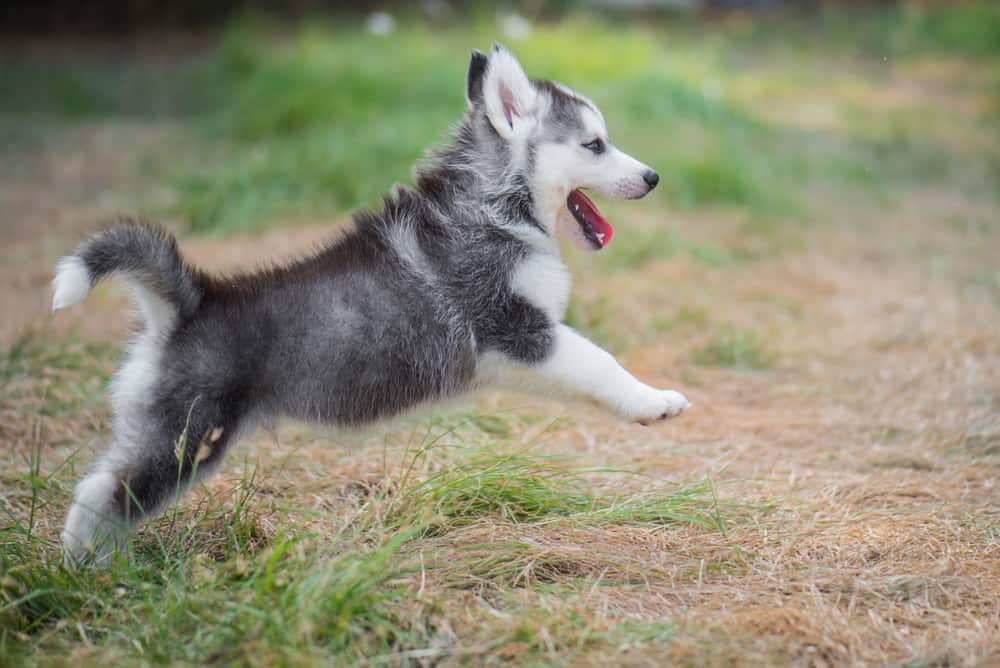
Heres a look at some of the questions readers most frequently ask about picking a good dog food for Siberian huskies.
How Much Food Should I Feed My Husky?
This depends on the size and weight of your dog, but unlike some other breeds, Siberian huskies are not prone to overeating. In fact, many husky owners find they have a tough time getting their dogs, even puppies, to eat all their food. So, its important to make sure your dog is getting enough calories to keep up with their activity level and to maintain good overall health.
Your mileage may vary, but adult huskies should eat about 2 cups of dry food per day, less if the food is especially high-calorie and more if its less calorie-dense.
Whats the Safest Way to Transition My Husky to a New Dog Food?
Unless the current food is dangerous, or your dog has a stomach of steel, changing foods should take about a week. Mix their old food with some new food and continue increasing the ratio of new to old over the course of the week until the seventh day, when they should be eating only the new food.
If your dog has a bad reaction, like diarrhea, vomiting, or symptoms of skin or coat problems, go back to the last ratio you used for a couple of days and try again. If on the second attempt, problems persist or get worse, pause the transition and call your vet for further guidance or try a different new food.
When Should I Switch My Husky Puppy to an Adult Food?
Siberian husky puppies are considered adults at around 12-14 months, so at that age, it should be safe to begin transitioning them to adult food. But most adult foods dont contain adequate nutrition for a puppys needs, so its always better to err on the side of caution. In other words, a young adult dog will get better nutrition from puppy food than a puppy will get from most foods formulated for adults. Remember, though, that puppy food is high in fat (on purpose), so if your young dog is packing on the pounds, it may be time to start weaning them off.
If youre unsure how old your husky is, your vet can help you pinpoint her age, but remember that even after they get to around 12-14 months, they may continue growing a bit, though they typically will stop growing by around 15 months.
Adult huskies are about 20-23 inches tall, and by no longer than 18 months, they should reach their full adult size, though its not abnormal for Siberian huskies to keep growing a bit until around age 3.
Do Older Huskies Need More Protein?
Once they age out of puppyhood, adult Siberian huskies should eat a diet thats high in protein, and this is especially true for older huskies. Dogs of all breeds, in fact, typically need to consume more protein than their younger counterparts.
Thats because as a dog ages, it loses muscle mass, which can cause their overall health to decline. Commonly held (but faulty) views from the past suggested that added protein could damage the kidneys, but studies have shown this is not an issue for dogs as it might be for some other animals.
Its always best to consult with your vet, who can provide advice based on your dogs unique needs, but generally, senior huskies should consume at least a quarter of their calories from a protein source.
Is the Rotation Diet Good for Siberian Huskies?
While conventional wisdom calls for dogs to eat the same food and only be transitioned to a new food gradually and for specific reasons, theres another school of thought that calls for whats become known as the Rotation Diet.
Rotational feeding means switching your pets food on a regular basis. There is some evidence to support the theory that the Rotation Diet can reduce food sensitivities and digestive problems. Supporters also say it can help keep a finicky dog from turning their nose up at food.
Owners of huskies may be particularly interested in both of those outcomes, as huskies are not only prone to digestive problems but can become easily bored with their food. Most proponents of rotational feeding recommend sticking within either grain-free or grain-inclusive diets and using different flavors or formulations of food from the same brands, such as the multitude of formulations from Taste of the Wild. This can help ensure that the nutritional content is consistent.
If youre considering the Rotation Diet, you can read more about it here, but its important to remember that even if youre regularly switching up your dogs food, whenever you introduce a new food, it must be done gradually to avoid digestive upset.
Final Thoughts
Our dogs are members of our families, and they deserve to eat food that supports their physical and mental health, and Siberian huskies, while overall a very healthy and long-lived breed, are prone to several potentially serious issues that a quality food can help overcome. While most husky owners know it can be a challenge to get them to eat, finding the right food could be a key part of winning the battle of the bowl.

